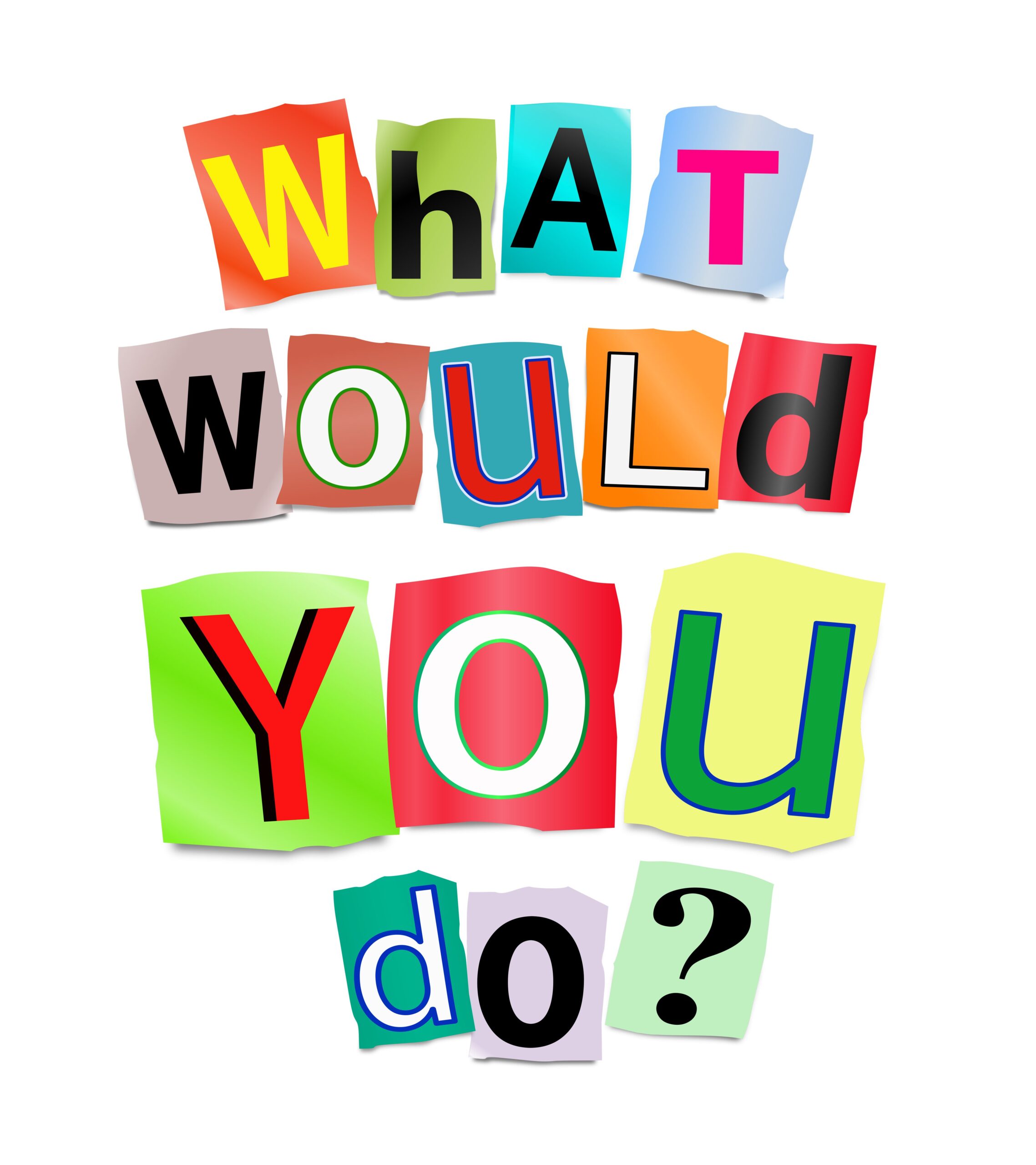What Would You Do?
Could You Make a Difference?
By Karl Shallowhorn and Dr. Kenyani Davis
Ever see the popular television show What Would You Do? Each episode presents a scenario in which bystanders witness an event without realizing they are being filmed, and how the bystanders react is revealing. Most of us who have watched are always encouraged by the good feeling we get when people help others in need, instead of ignoring them.
Now, imagine you’re in the supermarket picking up your groceries for the week. While standing in line, you notice a young woman nervously shaking and hyperventilating. You realize that she is experiencing an extreme medical event. What would you do?
I use an example like this when I teach Mental Health First Aid (MHFA), an eight-hour class that helps the average citizen learn what to do in a similar situation. MHFA helps people identify signs and symptoms of mental illness, understand a bit about mental health, and reduce the stigma associated with mental health disorders, while possibly providing aid to a person in need.
MHFA began in Australia in 2001, and the National Council for Behavioral Health brought it to the U.S. in 2008. Now, 1.5 million people in the U.S. are trained in MHFA. MHFA makes use of group exercises, videos, role-playing, and lectures to provide insight into anxiety, depression, and psychosis, including bipolar disorder, schizophrenia, suicide, and substance use disorders. The course also includes a five-step action plan to help course participants remember what to do in these situations.
The MHFA curriculum also offers a version for youth, veterans, public safety personnel, first responders, older adults, higher education, and those who speak Spanish. MHFA does not teach class participants how to diagnose mental health or substance use disorders. Instead, it provides them with valuable information to help someone in distress receive the level of appropriate care they require.
So, what would you do? Find out more about how you can be prepared to respond to someone in need of help, and learn about common mental health conditions by taking an MHFA course for FREE! You just may become the hero you applauded in that popular television show by making a difference in someone’s life and the life of their family.
Karl Shallowhorn has 19+ years of experience in mental health and addiction as a clinician, advocate, and educator. He has conducted over 120 MHFA courses for more than 1600 individuals, that include community based-organizations, mental health professionals, medical staff, attorneys, members of the judiciary and law enforcement, teachers, clergy, lay leaders, and people like you. You can reach Karl at kshallowhorn@chcb.net. Both Karl and Dr. Davis work at Community Health Center of Buffalo, where Karl is a project director and Dr. Davis is Chief Medical Officer.
Watch an upcoming television program about MHFA featuring both Karl Shallowhorn and Dr. Davis on Wednesday January 27 at 8pm or on Saturday January 30 at noon on WBBZ-TV channel 67 over the air on Direct TV and on channel 5 on Spectrum, Fios, or Dish.












